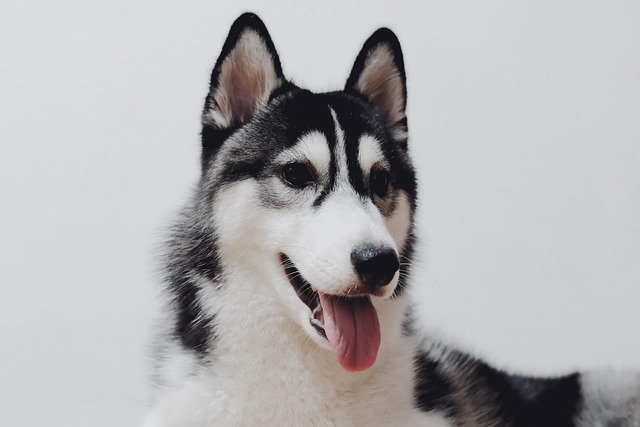
How do I get rid of my dog's smelly breath?
If your beloved dog has developed a less-than-pleasant odor coming from their mouth, you're probably wondering how to address this issue.
When the cute Teddy dog wags its tail and jumps into the arms, wanting to rub the owner's cheek intimately, a pungent smell makes people frown. The originally warm interaction was interrupted in an instant, and worries surged into my heart - why did the once soft and cute little guy suffer from bad breath? Teddy's bad breath is not a simple smell problem. It may be a "warning signal" of oral health and even the health of the whole body. Behind it is a secret that requires the owner's careful attention and care.
From a professional point of view, oral hygiene problems are the most common cause of Teddy's bad breath. Teddy dogs are small dogs with relatively fine and compact teeth. This special oral structure makes it very easy for food residues to remain between the teeth. If meat scraps and biscuit crumbs in daily diet are not cleaned in time, they will ferment and rot in the mouth, breeding a large number of bacteria. These bacteria not only decompose food residues to produce unpleasant volatile sulfides, but also further erode teeth and gums to form dental plaque and tartar. Imagine that a layer of brown-yellow tartar quietly accumulates on the edge of Teddy's pink gums, which not only compresses the gums and causes redness, swelling and inflammation, but also becomes a breeding ground for bacteria, emitting an unpleasant odor.
In addition to oral hygiene, dental diseases are also an important factor in causing Teddy's bad breath. Teddy dogs' teeth are relatively fragile and prone to problems such as caries and periodontitis. The formation of caries stems from the fact that bacteria in the mouth decompose sugars in food into acidic substances, which gradually corrode the enamel on the surface of the teeth and form caries. The bacteria hidden in the caries continue to ferment, and the odor produced is mixed with the corrupt smell of food residues, making the bad breath more serious. Periodontitis is caused by long-term irritation of the gums by tartar, which causes redness, swelling and bleeding of the gums, and damage to the periodontal tissues, eventually forming periodontal pockets, in which a large number of bacteria multiply and emit a fishy smell.
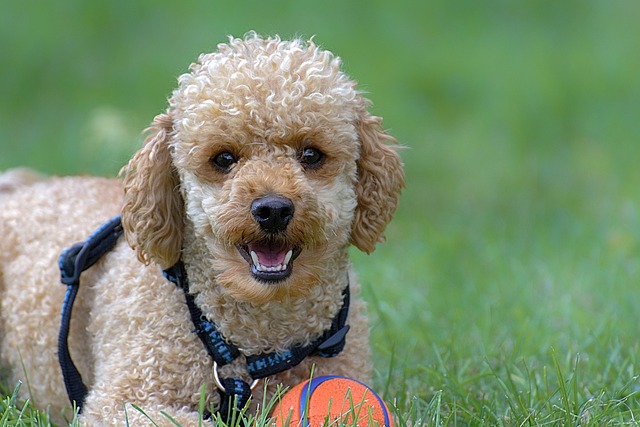 Teddy dogs' bad breath is sometimes closely related to gastrointestinal problems. Indigestion, gastrointestinal inflammation, intestinal parasitic infections, etc. may cause food to be unable to be digested and absorbed normally in the stomach and intestines, and the gas produced by abnormal fermentation will flow back to the mouth through the esophagus, causing bad breath. When Teddy eats food that is difficult to digest, or suddenly changes dog food, gastrointestinal dysfunction will cause symptoms such as bad breath and diarrhea.
Teddy dogs' bad breath is sometimes closely related to gastrointestinal problems. Indigestion, gastrointestinal inflammation, intestinal parasitic infections, etc. may cause food to be unable to be digested and absorbed normally in the stomach and intestines, and the gas produced by abnormal fermentation will flow back to the mouth through the esophagus, causing bad breath. When Teddy eats food that is difficult to digest, or suddenly changes dog food, gastrointestinal dysfunction will cause symptoms such as bad breath and diarrhea.
In addition, some systemic diseases may also manifest in the form of bad breath. For example, liver disease, when Teddy's liver function is damaged and cannot metabolize toxins in the body normally, these toxins will spread throughout the body through the blood, and some will be excreted through breathing, producing a smell similar to rotten eggs. Uremia caused by kidney disease will prevent the body's metabolic waste from being discharged normally, and harmful substances such as ammonia will accumulate in the mouth, causing a special urine odor. Bad breath caused by these systemic diseases often indicates a more serious health crisis. Once discovered, medical treatment must be sought in time.
In the face of Teddy's bad breath problem, the owner needs to deal with it in a scientific way. In daily care, insisting on brushing Teddy's teeth is the key to maintaining oral health. You can choose a toothbrush and toothpaste specially made for pets, and cultivate the habit of brushing teeth from the puppy stage. Gently brushing the surface of teeth and the edge of gums can effectively remove food residues and dental plaque. Regularly use products such as tooth cleaning sticks and chewing gums for Teddy to clean teeth through chewing and friction. If bad breath is caused by gastrointestinal problems, the owner should adjust the diet structure, choose easily digestible food, and use probiotics to regulate the stomach and intestines under the guidance of a veterinarian when necessary. For bad breath caused by systemic diseases, timely medical diagnosis and treatment are the basis for protecting Teddy's health.
Every Teddy is a treasure in the owner's heart. When they are troubled by bad breath, the owner's worry and distress are self-evident. Understanding the reasons behind Teddy's bad breath and using professional knowledge and warm love to help them get rid of the trouble can not only make the dog regain fresh breath, but also make the intimate interaction between each other no longer have barriers. In this guardianship of health and love, the owner's attentiveness and persistence will eventually be exchanged for Teddy's bright smile and cheerful company.

If your beloved dog has developed a less-than-pleasant odor coming from their mouth, you're probably wondering how to address this issue.
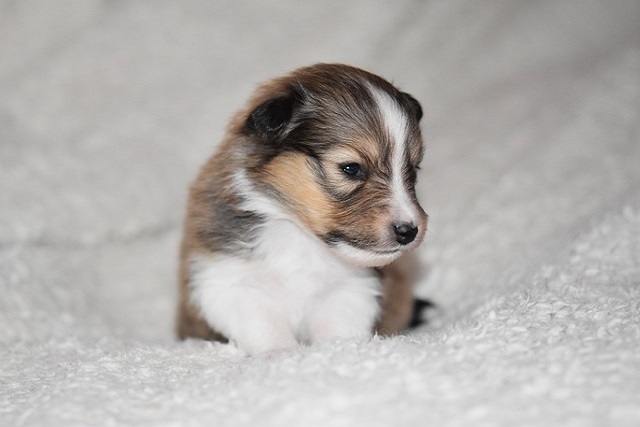
When you see other people’s Toy Poodles prancing around like walking cotton balls—their fluffy, soft curls bouncing with every step—while your own pup’s coat lies flat and lifeless,

When your Husky wags its tail and bounds toward you, ready for a hug, only to be met with an overpowering odor that makes you recoil,
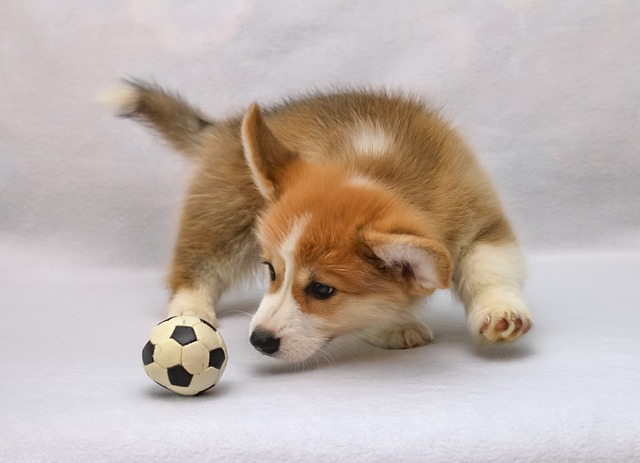
In the living room late at night, the table lamp casts a gentle halo in the corner. Your dog is curled up in a furry nest, and his belly rises and falls gently with his breathing.
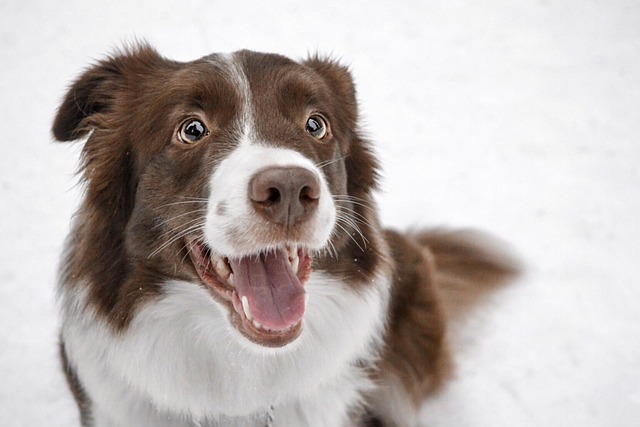
In the eyes of these fluffy little beings, every moment of putting on a leash signifies a new adventure. When owners stand by the door holding the leash, dogs always wag their tails excitedly, full of anticipation for the upcoming walk.
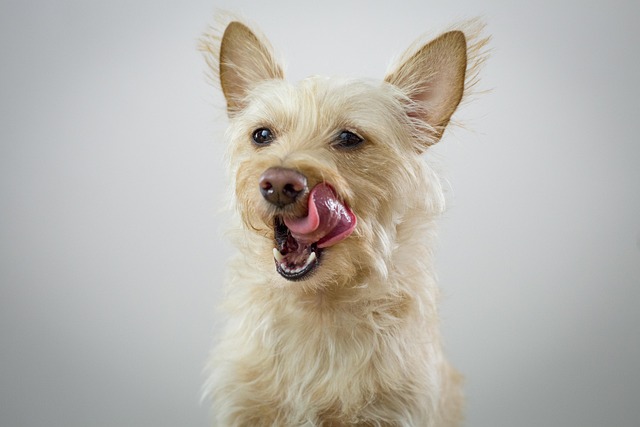
Samoyed's pure white fur, like the purest snowflakes in winter, is their most proud feature. However, when these snow-white hairs start to turn yellow,